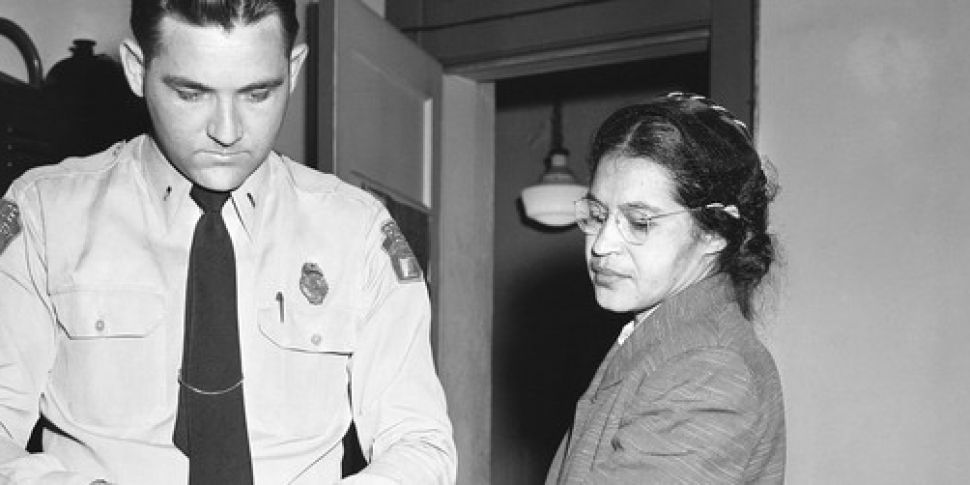The world was a very different place on December 1st, 1955, particularly if you happened to be a black woman sitting on a bus in Montgomery, Alabama. It was on this day, 60 years ago, that Rosa Parks was arrested for refusing to give up her seat to a white passenger, becoming in the process synonymous with one of the most infamous moments of the civil rights movement across the Atlantic.
Parks’ story was reported briefly the next day in the local newspaper, the Montgomery Advertiser, and again two days later when the paper expanded its story to cover the growing boycott by the city’s African-American population of its bus service.
But arguably it took till December 5th, when the Associated Press sent the tale of Parks’ arrest around the continental United States on its wire service, describing the plan to make her the test case for laws segregating public transport, that Parks became an iconic figure for her resistance to the laws marginalising Americans, a process still under scrutiny in the ongoing #BlackLivesMatter controversy still today.
On the 60th anniversary, the AP has made its original story available, showing the difference 60 years can make in reporting on race relations. You can read the article below:
MONTGOMERY, Ala. (AP) -- A court test of segregated transportation loomed today following the arrest of a Negro who refused to move to the colored section of a city bus.
While thousands of other Negroes boycotted Montgomery city lines in protest, Mrs. Rosa Parks was fined $14 in Police Court today for having disregarded last Thursday a driver's order to move to the rear of a bus. Negro passengers ride in the rear of buses here, white passengers in front under a municipal segregation ordinance.
An emotional crowd of Negroes, estimated by the police at 5,000, roared approval tonight at a meeting to continue the boycott.
Spokesmen said the boycott would continue until people who rode buses were no longer "intimidated, embarrassed and coerced." They said a "delegation of citizens" was ready to help city and bus line officials develop a program that would be "satisfactory and equitable."
Mrs. Parks appealed her fine and was released under $100 bond signed by an attorney, Fred Gray, and a former state president of the National Association for the Advancement of Colored People, E.D. Nixon.
Mr. Gray and Charles Lanford, another Negro lawyer representing the 42-year-old department store seamstress, refused to say whether they planned to attack the constitutionality of segregation laws affecting public transportation.
The Supreme Court in Washington already has before it a test case against segregation on buses operating in Columbia, S.C. The United States Court of Appeals in Richmond, Va., has ruled in this case that segregation must be ended. If the Supreme Court sustains the decision, the effect will be to outlaw segregation in all states and cities.
Mrs. Parks was charged first with violating a city ordinance that gives bus drivers police powers to enforce racial segregation. But at the request of City Attorney Eugene Loe, the warrant was amended to a charge of violation of a similar state law. The state statute authorizes bus companies to provide and enforce separate facilities for whites and Negroes. Violation is punishable by a maximum fine of $500.
Other Negroes by the thousands, meanwhile, found other means of transportation or stayed home today in an organized boycott of City Lines Buses, operated by a subsidiary of National City Lines at Chicago.
The manager, J.H. Bagley, estimated that "80 or maybe 90 percent" of the Negroes who normally used the buses had joined the boycott. He said "several thousand" Negroes rode the buses on a normal day.









